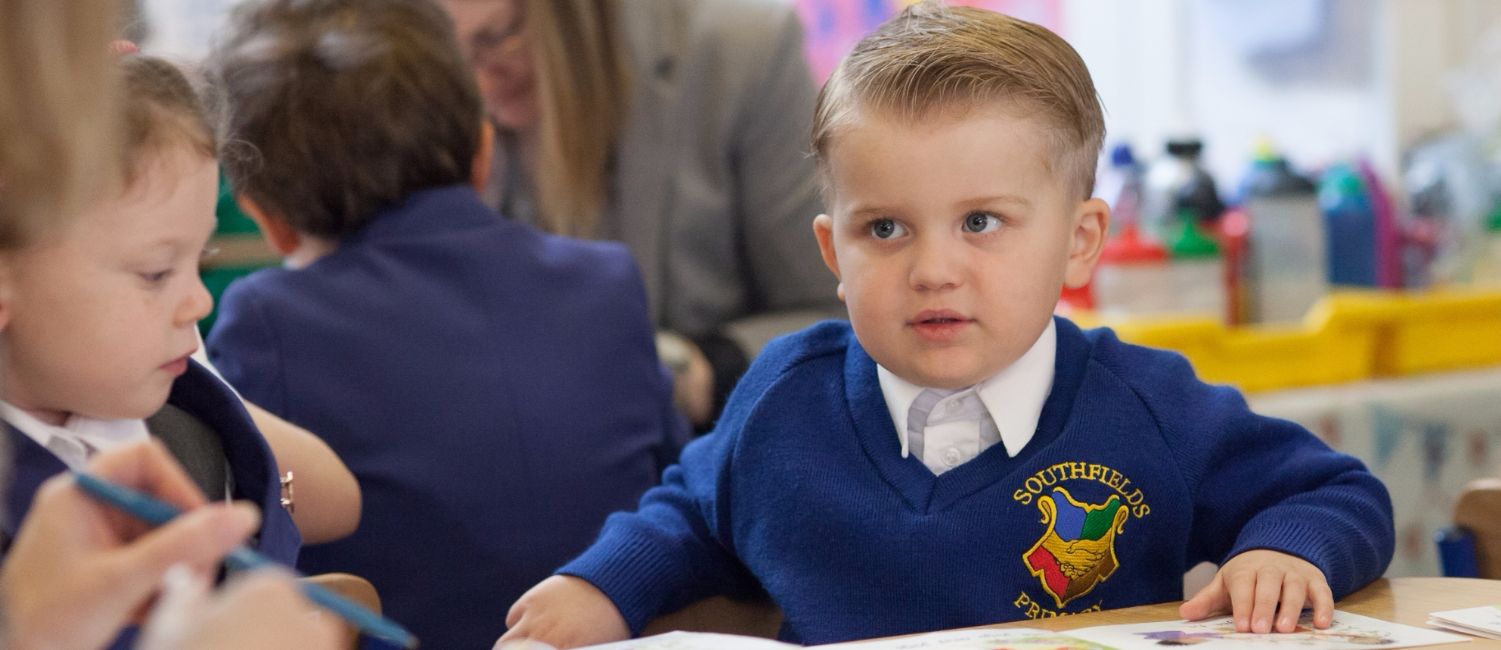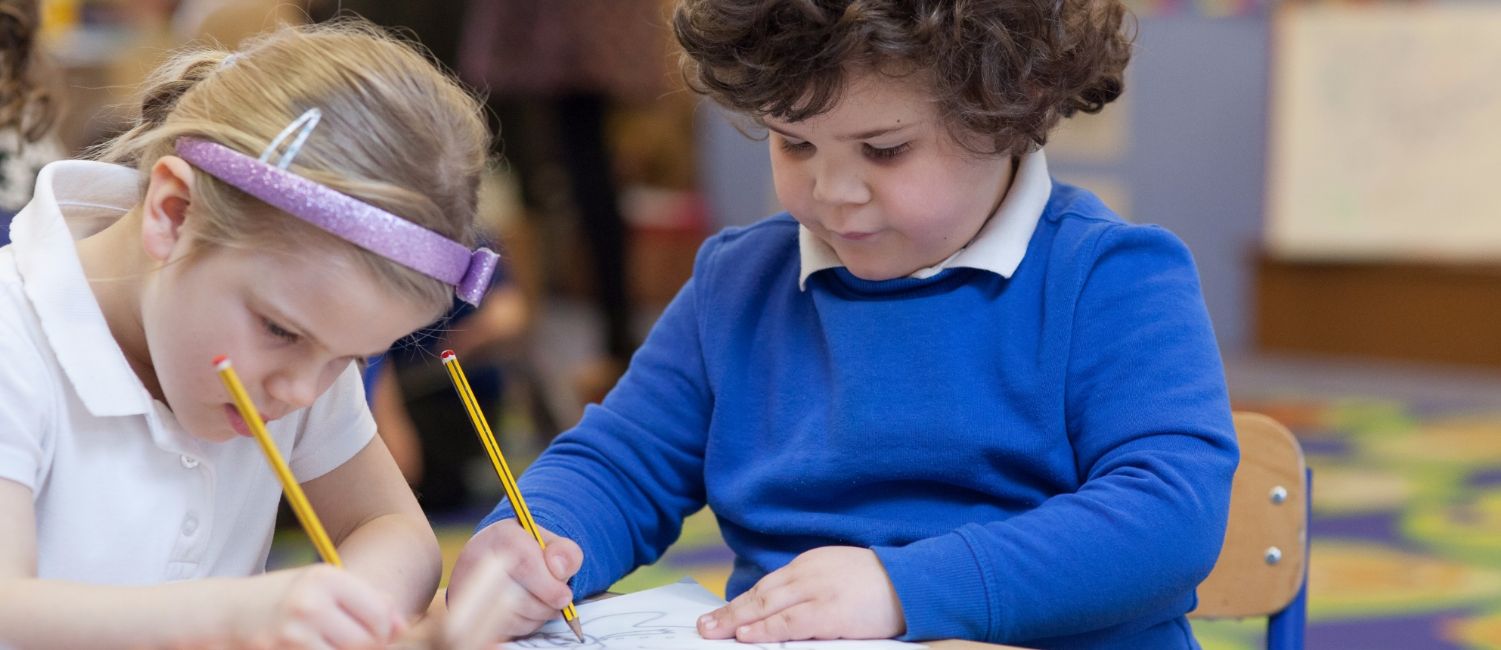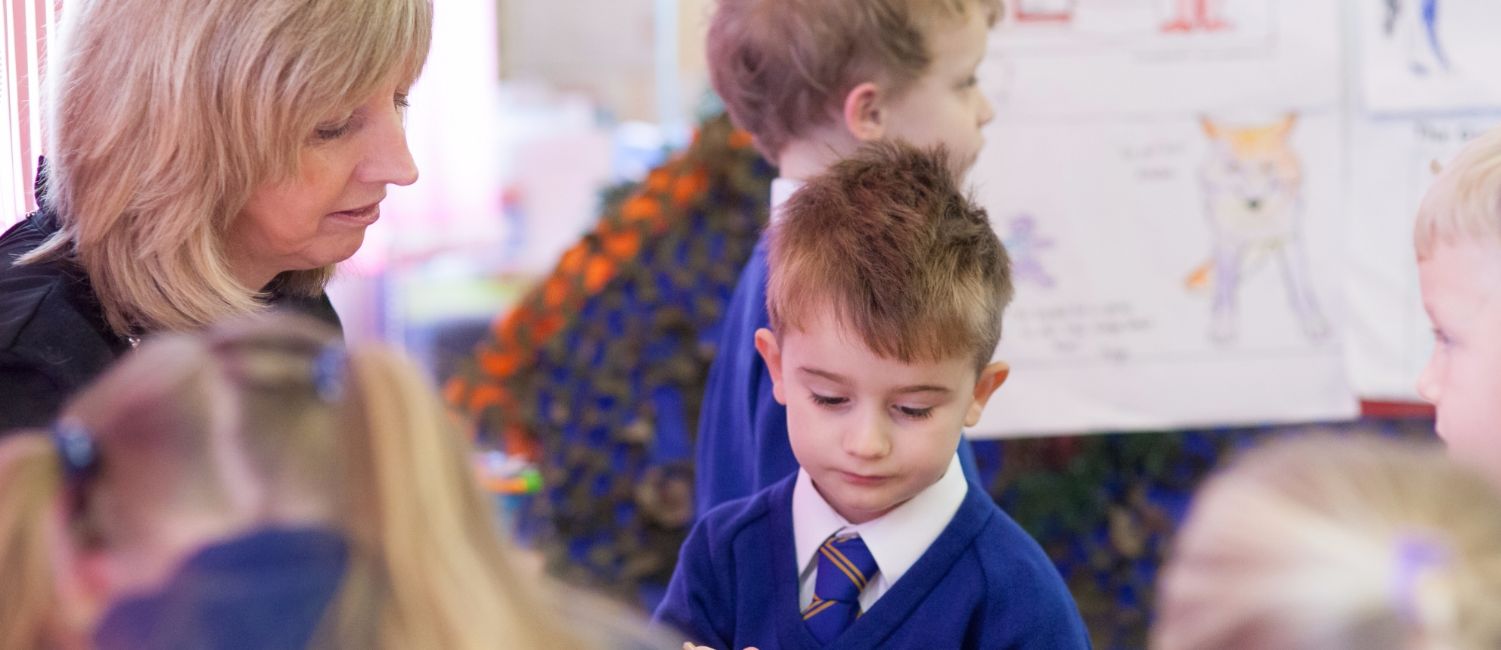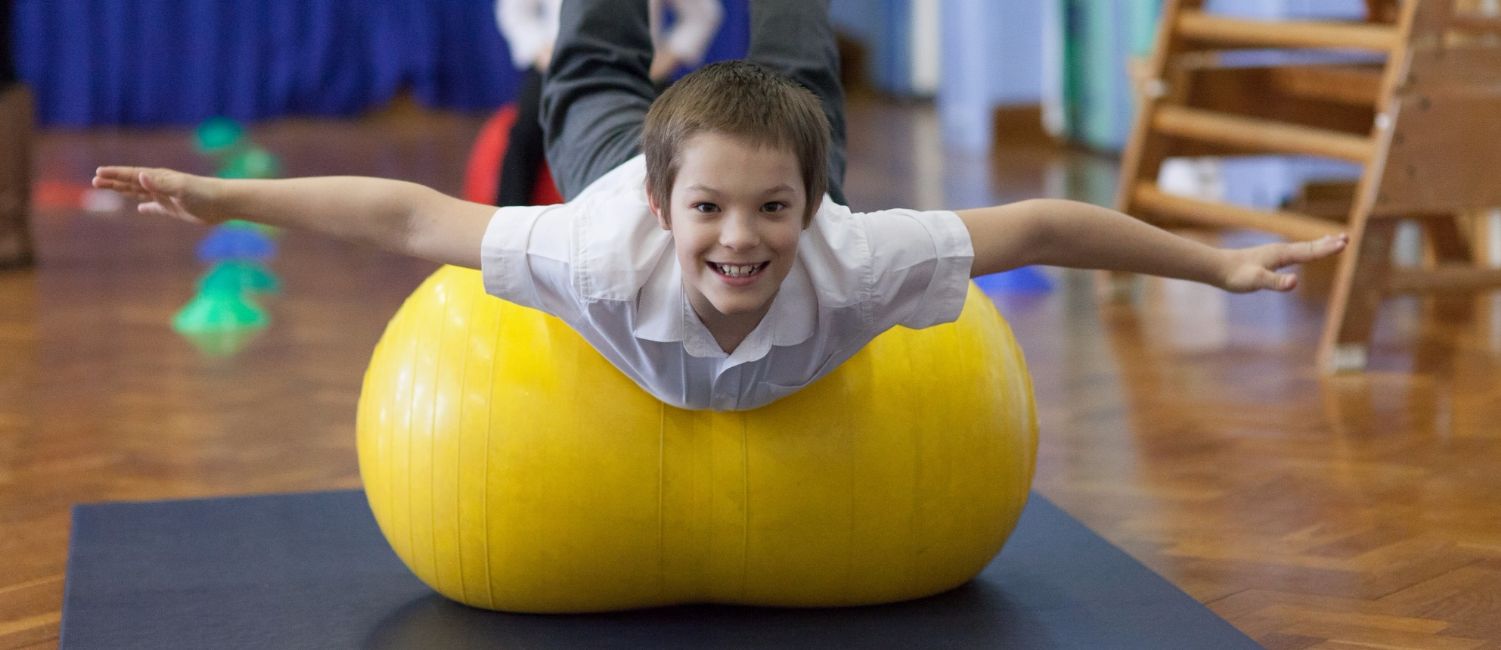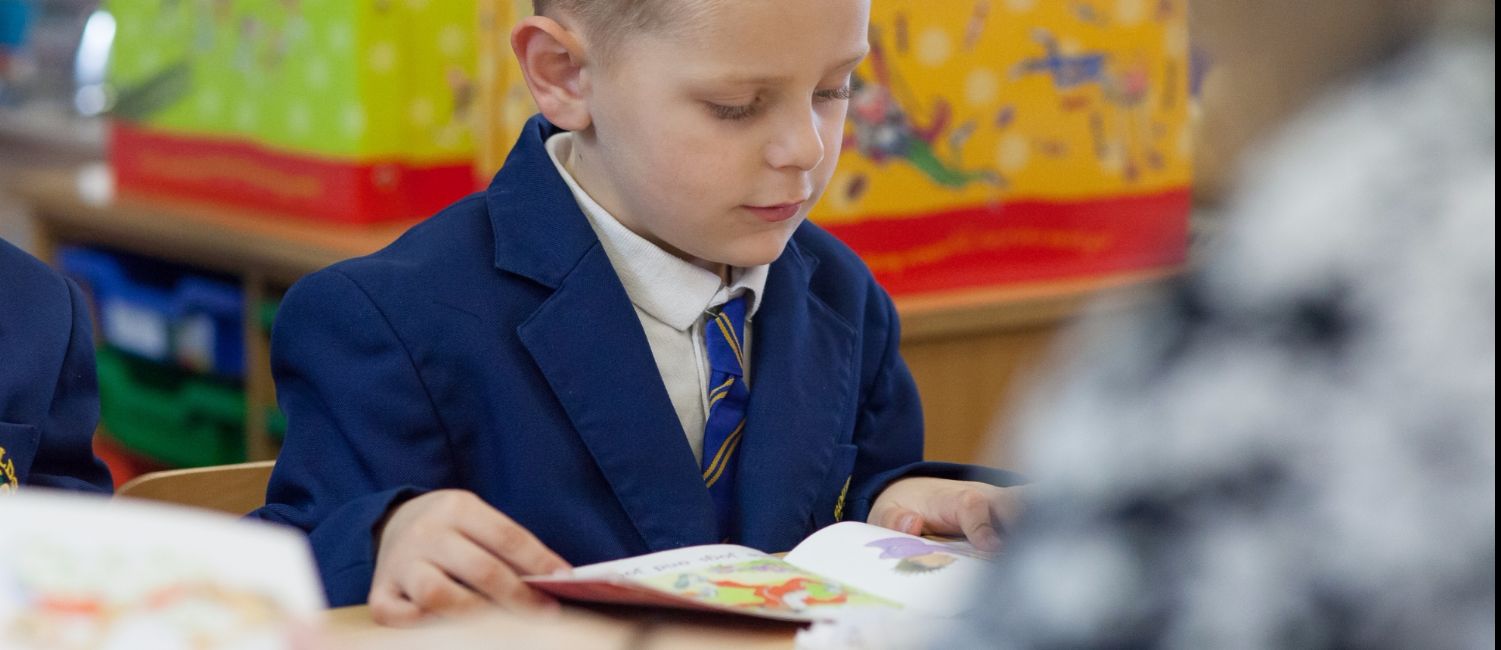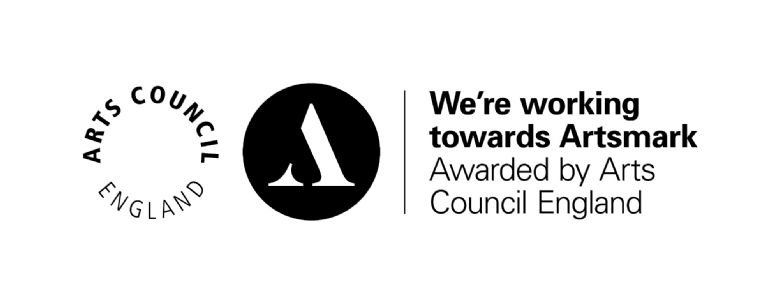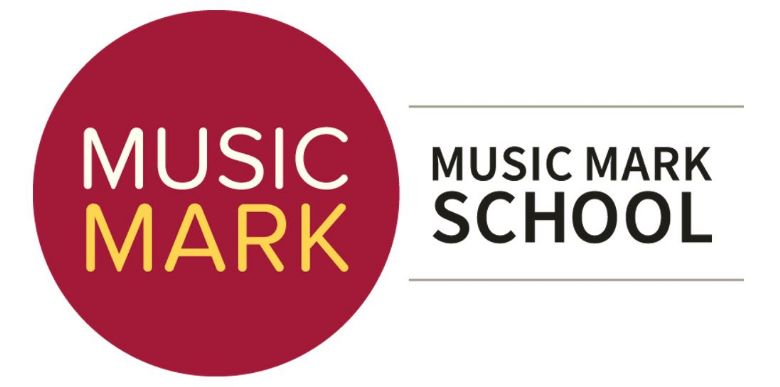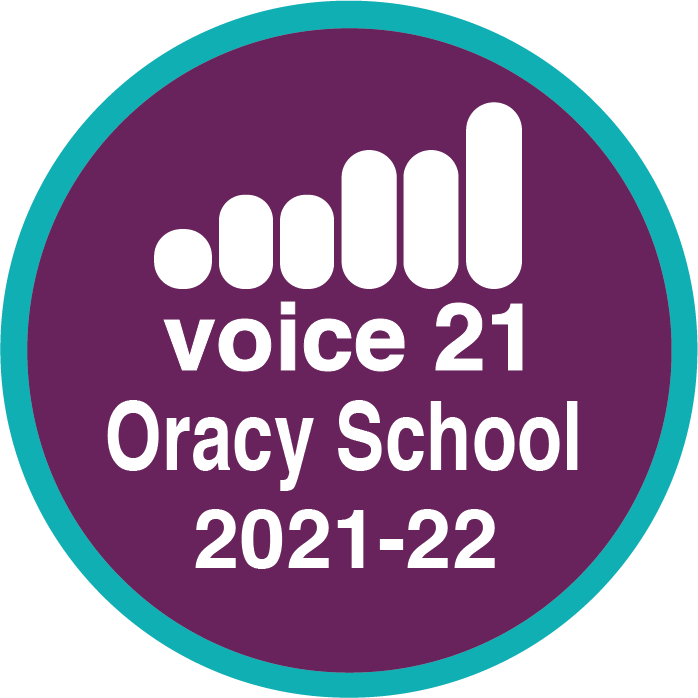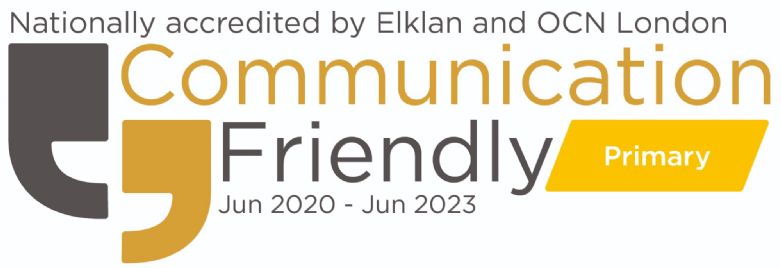EYFS Assessments
Throughout the foundation stage, as part of the learning and teaching process, practitioners assess each child’s development in relation to the Development Matters and Early Learning Goals (ELG) criteria that form part of the Early Years Curriculum. These assessments are made on the basis of the practitioner’s accumulating observations and knowledge of the whole child. This in line with Statutory guidance DFE January 2018.
The Early Years Curriculum sets out seven areas of learning covering children’s physical, intellectual, emotional and social development. Items in BOLD are the Prime Areas. All of these areas of learning are included in the EYFS Profile.
● Personal, social and emotional development
● Communication and language ● Mathematics ● Literacy
● Understanding the world
● Physical development
● Expressive Arts & Design
Teachers also make observations and judgements about whether children are exhibiting the characteristics of effective learning, with some input from parents. These are the ways in which children learn and are as follows:
Playing and exploring – engagement
▪ Finding out and exploring
▪ Playing with what they know
▪ Being willing to ‘have a go’
Active learning – motivation
▪ Being involved and concentrating
▪ Keeping trying
▪ Enjoying achieving what they set out to do
Creating and thinking critically – thinking
▪ Having their own ideas
▪ Making links
▪ Choosing ways to do things
Reception Baseline Assessment
As in Key Stage 1 and 2, progress and attainment are tracked throughout Early Years. A Reception Baseline Assessment is completed within the first half term. Following Baseline assessments (completed within the first three weeks of Autumn Term 1), cohort targets are set in Reading, Writing and Number during the first Pupil Progress meeting of the school year. The Reception Baseline Assessment is reported to the Standards and Testing Agency.
Assessment at the end of the EYFS – the Early Years Foundation Stage Profile (EYFSP)
In the final term of the year, we complete the EYFSP for each child. The Profile provides parents and carers, practitioners and teachers with a well-rounded picture of a child’s knowledge, understanding and abilities, their attainment against expected levels, and their readiness for year 1. The Profile reflects teachers’ own knowledge and professional judgement of a child to inform discussions with parents and carers, and any other adults whom the teacher, parent or carer judges can offer a useful contribution. Each child’s level of development is assessed against the early learning goals (see Section 1 in the EYFS Statutory framework). Teachers will indicate whether children are on track to meeting the expected levels of development, or not.
Year 1 teachers will be given a copy of the profile report and reception teachers will discuss each child’s skills and abilities in relation to the three key characteristics of effective teaching and learning. These help inform a dialogue between reception and year 1 teachers about each child’s stage of development and learning.

